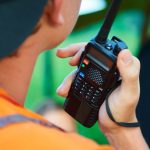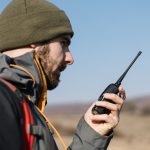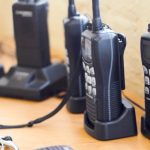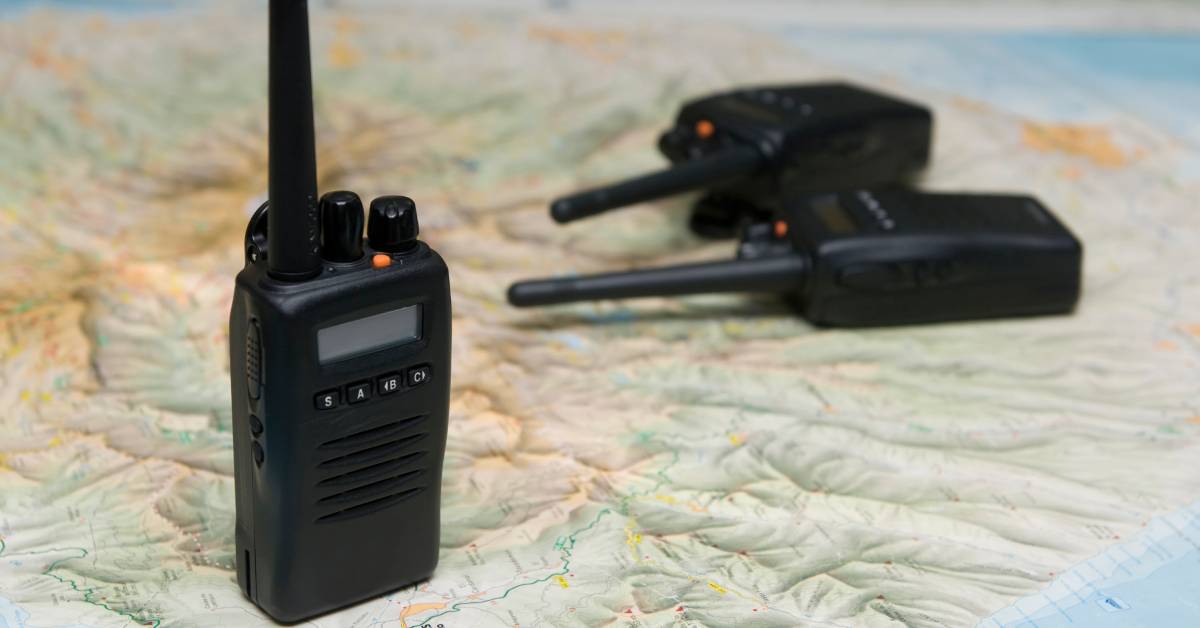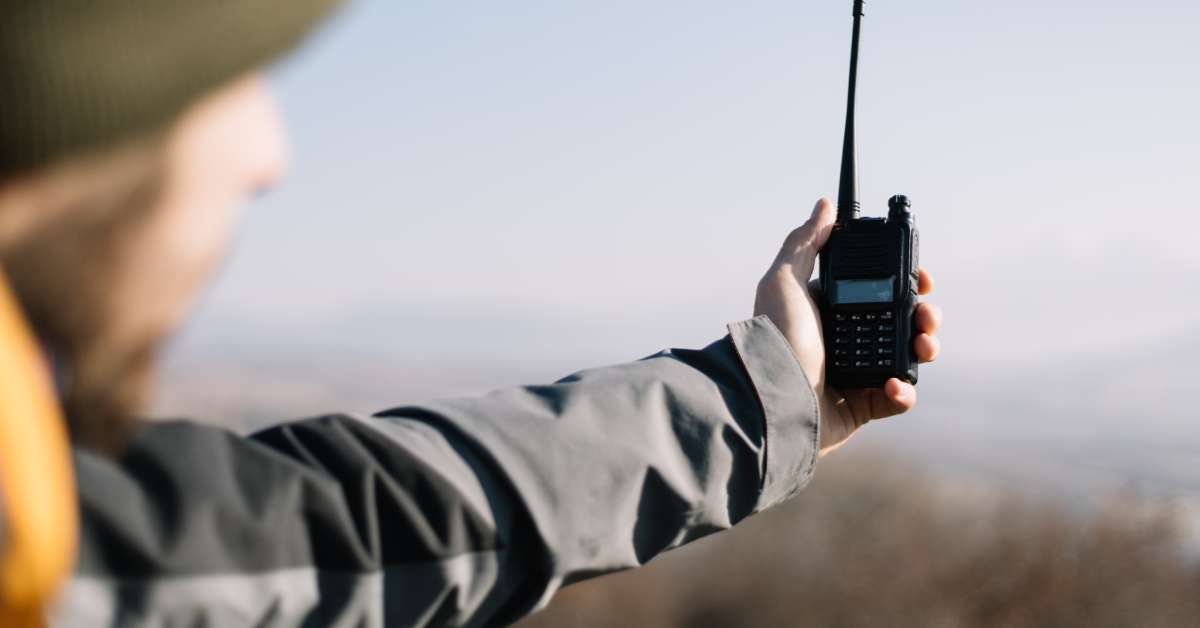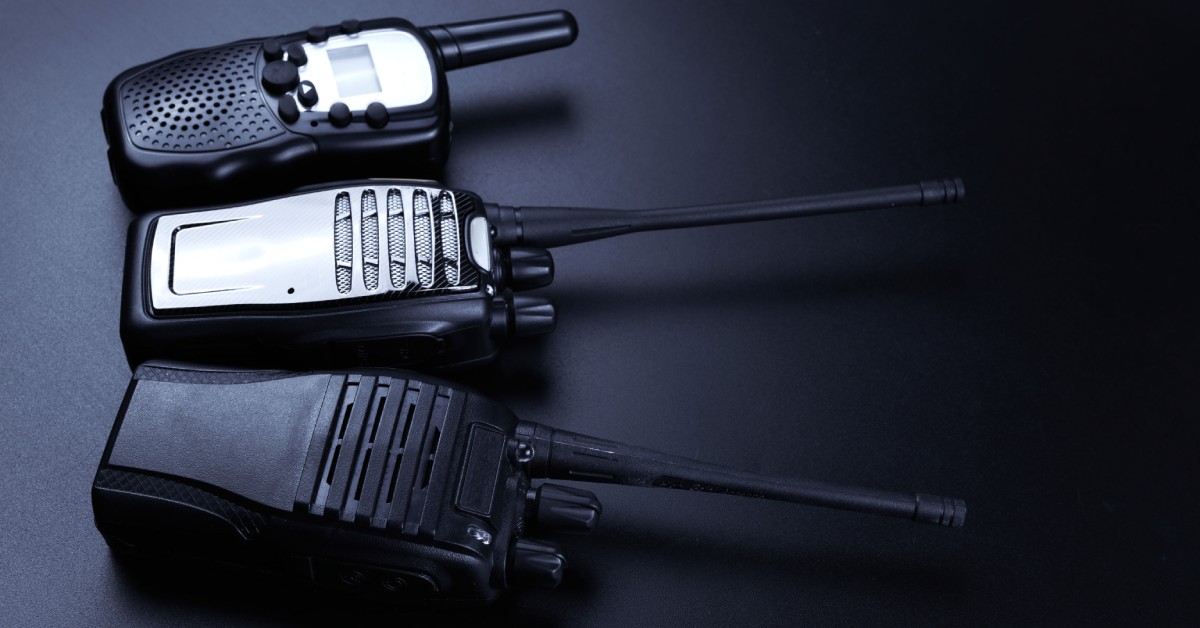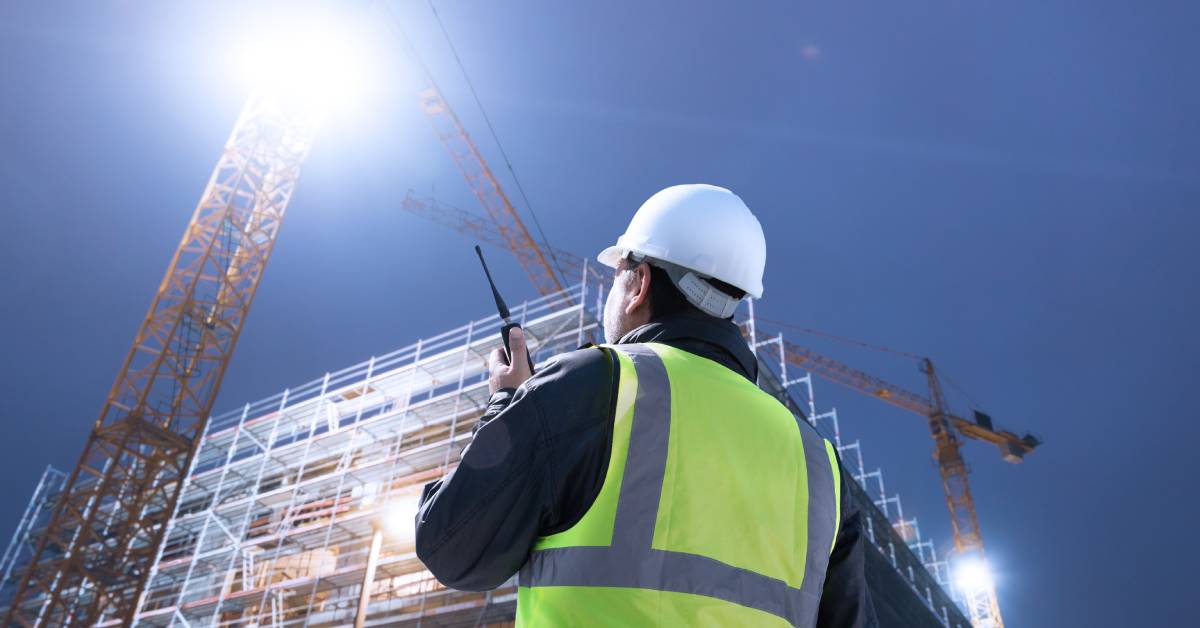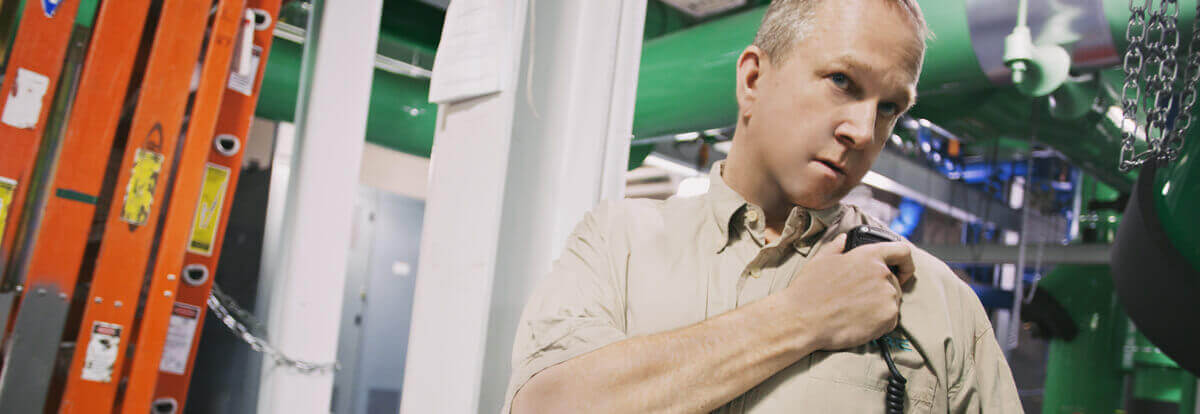In many situations, a two-way radio system is essential for maintaining reliable communication. However, the equipment depends on battery technology, which needs replacements from time to time.
For outdoor enthusiasts, emergency response teams, and event planners, having replacements on hand can make all the difference, often between life and death. By understanding the importance of having backup two-way radio batteries, you can stay connected no matter where you are.
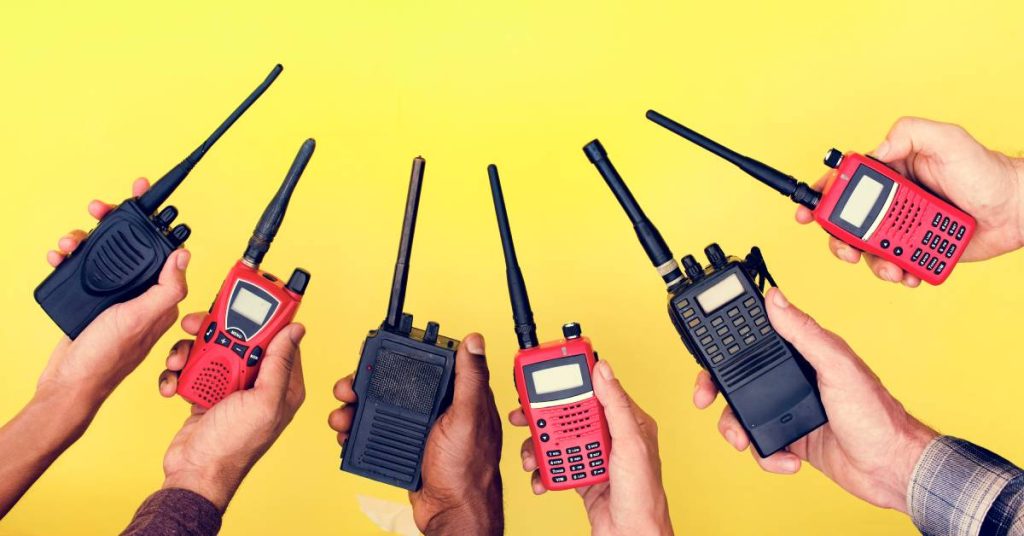
The Role of Two-Way Radios
Two-way radios are indispensable tools that offer immediate and reliable communication. These devices are useful in various settings, such as hiking trips, large-scale events, and emergencies. Their versatility and durability make them excellent communication devices.
Cell phones rely on cellular network coverage, but two-way radios work on direct frequencies. This ensures instant communication without lag. Radios are durable and can withstand harsh conditions, making them practical for teams operating in potentially dangerous environments. They are also cost-effective, as they don’t require monthly subscriptions or data plans like cell phones.
Understanding Two-Way Radio Batteries
Understanding batteries is essential for using two-way radios safely and effectively. Knowing how long your radio will last on a single charge can help you plan and avoid communication breakdowns.
Battery Life
Many things affect battery life, including the type, usage frequency, and environmental conditions. For example, using high-power settings or frequently transmitting can drain the battery quickly. Cold weather can also reduce battery efficiency.
Battery Failure
One of the most common challenges is sudden battery drain due to overuse, aging batteries, or extreme temperatures. Unexpected battery failure can leave you stranded without communication, which is particularly dangerous in emergencies.
Preventive Measures
To avert these issues, always check the radio’s battery levels before heading out. Using energy-efficient settings can also extend battery life. Carrying spare batteries will ensure your equipment stays operational when you need it most.
Importance of Backup Batteries
Backup batteries are essential for continuous communication. Here are some compelling reasons why you should always have spares on hand:
Avoiding Communication Breakdowns
A dead battery can mean the difference between staying connected to your team and being completely cut off. You can use a backup battery as soon as the primary battery fails.
Peace of Mind
Knowing that you have a backup plan provides peace of mind. Whether you’re exploring remote areas or managing a large crowd, you’ll be able to continue using your two-way radio without communication interruptions from a dead battery.
Enhanced Safety
In emergencies, every second counts. Spare batteries make sure that you can use your radio to call for help, coordinate rescue efforts, or provide real-time updates without any interruptions.
The Versatility of Batteries in Different Scenarios
Powering Equipment for Outdoor Enthusiasts
The reliability of your two-way radio is paramount when venturing outdoors, particularly in remote environments where access to power sources is limited. Backup batteries ensure your communication devices remain operational when the primary battery runs out of juice.
Whether you’re embarking on a long hiking trip or setting up a base camp for a weekend retreat, having extra batteries can prevent unexpected communication losses. Preparedness enhances safety, supports coordination among groups, and enables everyone to enjoy the experience with confidence in their ability to stay connected.
Ensuring Seamless Communication in Event Management
In event management, the smooth execution of an event hinges on effective communication among team members. With various tasks taking place concurrently, from setting up stages to managing guest relations, two-way radios are vital tools for coordination. Instant communication without relying on external networks ensures your team can respond swiftly to any issues that arise.
A dead radio can lead to miscommunication and potential safety hazards. By giving all team members extra batteries, event planners can keep everyone connected and create a successful and organized experience for attendees.
The Lifeline of Communication for Emergency Response
First responders operate in dynamic and unpredictable environments, so they need to relay information quickly. Two-way radios allow responders to communicate on the scene, assess situations, coordinate their efforts, and direct resources effectively.
Backup two-way radio batteries enable responders to maintain clear lines of communication even when facing prolonged incidents or natural disasters where power sources may be unreliable or non-existent. Emergency teams can focus on saving lives and providing assistance while feeling confident in their ability to use their radios for extended periods.

Types of Backup Batteries
Various scenarios require different types of backup batteries. Here’s a quick guide to help you choose the right one:
Rechargeable Batteries
Rechargeable batteries are eco-friendly and cost-effective in the long run. You can charge them hundreds of times, making them great for people who use their two-way radios daily.
Suitable For:
Emergency response teams and event planners who need reliable, long-term power solutions use rechargeable batteries for two-way radios.
Disposable Batteries
Disposable batteries are convenient and easy to use. They are good backup options when you don’t have access to charging facilities.
Suitable For:
These batteries are perfect for outdoorsy people who are taking extended trips and may not have the opportunity to recharge their batteries.
Solar-Powered Batteries
Solar-powered batteries are great alternatives for people who spend a lot of time outdoors. They use sunlight to recharge, making them sustainable and practical.
Suitable For:
They are ideal for emergency response teams, event planners, and people spending extended periods in the wilderness.
Tips for Battery Management
Managing your batteries can extend their life so that you always have power when you need it.
Regular Maintenance
Regularly check your batteries for signs of wear. Clean the battery contacts to ensure a good connection, and get rid of damaged batteries immediately.
Energy-Efficient Settings
Use energy-saving settings on your two-way radios. Lower the power output when possible, and limit the use of additional features such as backlights and GPS.
Rotating Batteries
Rotate your batteries for even usage. This prevents one battery from becoming more worn out than others.
Safety Tips When Your Batteries Fail
Even with preparation, you might experience battery failure. Here are some safety tips to keep in mind.
- Stay calm, and assess the situation. Panicking will only make things worse!
- If your radio fails, use other means of communication, such as whistles, mirrors, or handwritten notes. They can be effective in signaling for help.
- If your battery is running low, switch to the lowest power setting to conserve energy. Use the radio sparingly for essential communication only.
Keeping a supply of spare batteries will ensure you can continue using your radio, no matter what you’re doing.
Keeping You Connected When It Matters Most
Backup batteries are essential for reliable communication, whether you’re exploring the great outdoors, managing an event, or responding to an emergency. They provide peace of mind, enhance safety, and keep you connected with your team. Investing in backup batteries and taking good care of them can make all the difference in your communications!
Never underestimate the importance of having backup two-way radio batteries. At Battery Distributors, you can find all the best brands at affordable prices, including the APX 8000 battery. When you need to power a two-way radio, we’re here for you!



